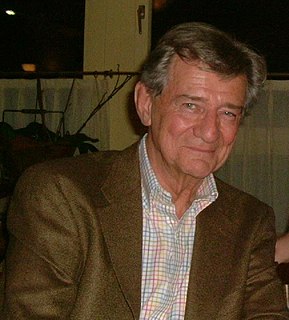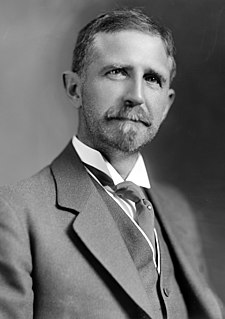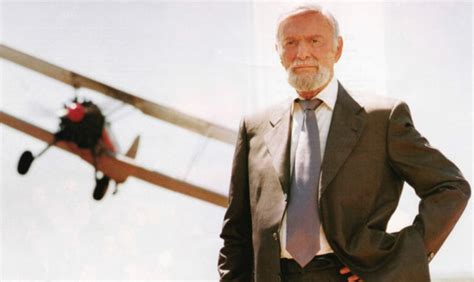A Quote by Umberto Eco
Hypotyposis is the rhetorical effect by which words succeed in rendering a visual scene.
Related Quotes
In any piece of rhetorical discourse, one rhetorical term overcomes another rhetorical term only by being nearer to the term which stands ultimate. There is some ground for calling a rhetorical education necessarily aristocratic education in that the rhetorician has to deal with an aristocracy of notions.
Usually in theater, the visual repeats the verbal. The visual dwindles into decoration. But I think with my eyes. For me, the visual is not an afterthought, not an illustration of the text. If it says the same thing as the words, why look? The visual must be so compelling that a deaf man would sit though the performance fascinated.
Much of the magical effect that poetry gives of rendering everything it touches pellucid comes from the necessity of compression that it imposes. The impossibility of pausing in poetry as long as may be needed to make sense clear causes many a set of words actually deficient in linguistic workmanship to pass for an eloquent brevity.
One of the tricks is to have the exposition conveyed in a scene of conflict, so that a character is forced to say things you want the audience to know - as, for example, if he is defending himself against somebody's attack, his words of defense seem Justified even though his words are actually expository words. Something appears to be happening, so the audience believes it is witnessing a scene (which it is), not listening to expository speeches. Humor is another way of getting exposition across.







































